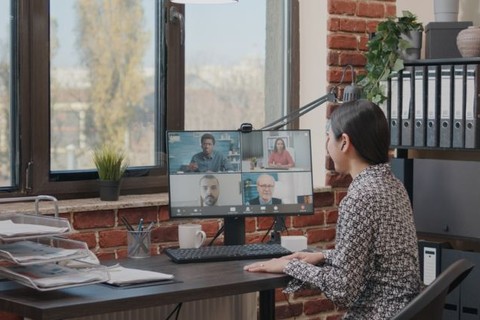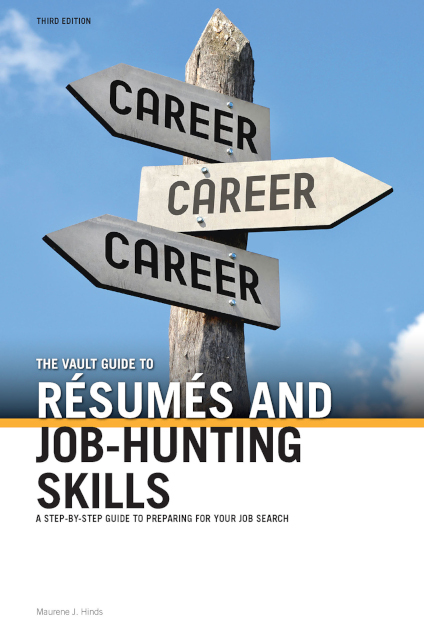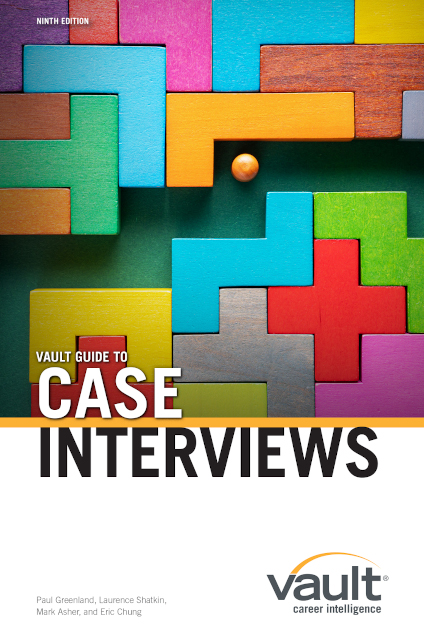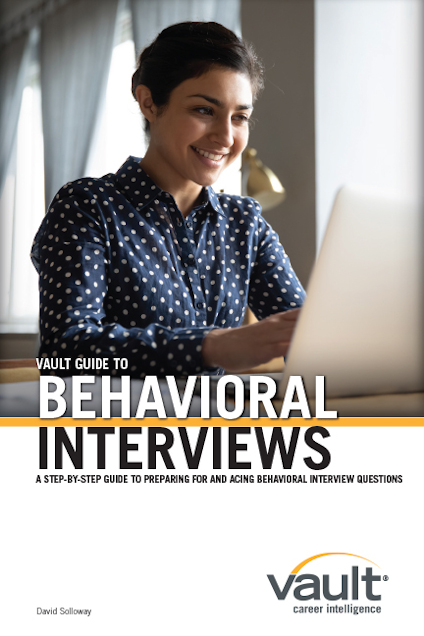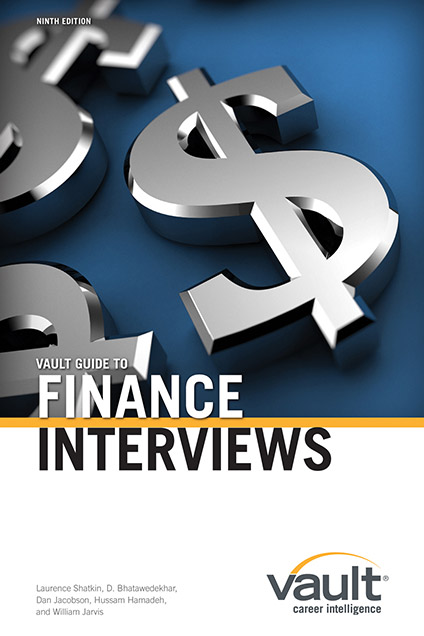Practice Interviewing Skills
Develop the interview skills that will get you hired
Understanding the purpose of an interview is key. Interviews serve as a platform for employers to assess your qualifications, skills, and fit for their organization. By recognizing this, you can approach interviews with a clear mindset, focusing on showcasing your strengths and aligning them with the needs of the position.
Before stepping into the interview room, it’s crucial to invest time and effort in thorough preparation.
- Research the company or organization
Take the time to delve into their mission, values, products or services, recent achievements, and any relevant industry trends. This knowledge will not only demonstrate your genuine interest but also allow you to tailor your responses to align with their goals and values. - Understand common interview formats and types
Behavioral interviews, situational interviews, and panel interviews are some common formats you may encounter. By familiarizing yourself with these formats, you can anticipate the types of questions you may be asked and develop effective strategies to respond. - Craft compelling responses to typical interview questions
Practice answering common questions such as “Tell me about yourself” or “What are your strengths and weaknesses?” with clarity and relevance. Focus on highlighting your achievements, experiences, and skills that are most applicable to the position you’re pursuing. - Develop a clear and concise elevator pitch
This brief self-introduction should encapsulate your background, career aspirations, and what sets you apart from other candidates. A well-crafted elevator pitch creates a strong first impression and sets the tone for a successful interview.
Set yourself apart from the competition
The following tips can help set you apart from other applicants.
Your appearance plays a significant role in making a positive first impression during an interview. Dressing professionally shows respect for the opportunity and reflects your understanding of the company’s culture. In this section, we will provide you with guidance on dressing for success in interviews.
Understanding the importance of professional attire is paramount. Dressing appropriately communicates your professionalism, attention to detail, and seriousness about the position. Remember, it is always better to be slightly overdressed than underdressed. Research the company’s dress code, and when in doubt, opt for a more formal attire.
Guidelines for appropriate interview attire can vary depending on the industry and company culture. In corporate settings, a suit or a conservative business attire is typically expected. For creative fields or startups, the dress code may be more relaxed, but it’s still essential to present yourself in a polished and put-together manner. Researching the industry norms will help you determine the appropriate dress code.
Tips for grooming and personal hygiene should not be overlooked. Ensure that you are well-groomed, with neatly styled hair, clean nails, and fresh breath. Pay attention to details such as ironing your clothes, polishing your shoes, and avoiding excessive cologne or perfume. These small details contribute to an overall professional appearance.
Virtual interviews have become increasingly common, and the rules of dressing for success extend to the online realm. Dress as if you were attending an in-person interview, even if you’re participating from the comfort of your home. Wearing professional attire not only helps you mentally prepare for the interview but also demonstrates your commitment and respect for the process.
Remember that your goal is to present yourself as a competent and professional candidate. Your attire should not distract from your qualifications and abilities. By following the guidelines provided in this section, you will ensure that your appearance enhances your overall interview performance, leaving a lasting positive impression on your potential employer.
The Career Discovery and Success launched the Campus Career Closet in 2017 as a way to provide students access to FREE professional attire appropriate for career fairs, interviews, networking events, and the workplace. Inventory includes suits, blazers, skirts, button-down shirts, and more. Our goal is to help students look their best throughout their job search so they can make a positive impression as they enter the professional world!
During an interview, your nonverbal communication speaks volumes about your confidence, attentiveness, and overall presence. Maintaining good posture throughout the interview demonstrates your attentiveness and engagement. Sit upright, with your shoulders back and head held high. Avoid slouching or crossing your arms, as these postures can convey disinterest or defensiveness. Instead, project an open and approachable demeanor.
Facial expressions also play a crucial role in nonverbal communication. Maintain a pleasant and genuine smile to create a positive and welcoming impression. Active listening involves nodding, maintaining eye contact, and showing interest through facial expressions. These gestures demonstrate that you are fully engaged in the conversation and value what the interviewer is saying.
Effective eye contact is essential during an interview. Making direct eye contact portrays confidence, sincerity, and trustworthiness. However, be mindful not to stare excessively, as it may be perceived as confrontational or intimidating. Strike a balance by occasionally looking away to maintain a natural flow of conversation.
Handshakes are a common form of greeting, though their frequency may vary depending on the circumstances. When offered a handshake, grasp the other person’s hand firmly (but not too tightly), making eye contact and offering a warm smile. If in a virtual interview, a verbal acknowledgment or a friendly wave can serve as an alternative gesture.
Managing nervousness and stress is crucial to maintaining effective nonverbal communication. Take deep breaths, relax your muscles, and remind yourself to stay present in the moment. Practice mindfulness techniques before the interview to help center yourself and project a calm and composed demeanor.
Remember, nonverbal communication can be as impactful as the words you speak. By mastering your body language, facial expressions, eye contact, handshakes, and managing nervousness, you will convey confidence, professionalism, and strong interpersonal skills. These nonverbal cues will support your verbal communication and enhance your overall performance during the interview.
Effective verbal communication is essential for articulating your thoughts, demonstrating your qualifications, and connecting with the interviewer. In this section, we will explore strategies to enhance your verbal communication skills and ensure that your message is clear, concise, and impactful.
Speaking clearly and articulately is paramount during an interview. Practice enunciating your words, maintaining a moderate pace, and avoiding filler words such as “um” or “like.” Take your time to formulate your responses and deliver them with confidence. Remember, it’s better to pause momentarily and collect your thoughts than to rush through your answers.
Active listening is a crucial component of effective verbal communication. Pay close attention to the interviewer’s questions and statements, and respond thoughtfully. Avoid interrupting and allow the interviewer to finish speaking before you respond. Show engagement by nodding, providing verbal affirmations, and asking for clarifications if needed.
Tone, volume, and pace are essential elements of conveying your message effectively. Ensure that your tone remains professional and courteous throughout the interview. Modulate your voice to express enthusiasm, confidence, and genuine interest in the conversation. Speak loud enough to be heard clearly, but avoid speaking too softly or too loudly.
Managing nervousness and stress is vital for maintaining effective verbal communication. Before the interview, practice deep breathing exercises or engage in activities that help calm your nerves. Remind yourself that the interview is an opportunity to showcase your abilities and that it’s normal to feel a certain level of nervousness. Utilize positive self-talk to boost your confidence.
Practicing your interview skills through mock interviews or with a career counselor can significantly enhance your verbal communication abilities. These practice sessions allow you to refine your responses, receive feedback, and gain confidence in expressing yourself. Take advantage of the opportunity to practice common interview questions and receive guidance on improving your delivery.
Remember, verbal communication is a powerful tool in making a strong impression on interviewers. By speaking clearly, actively listening, maintaining an appropriate tone and pace, and managing your nerves, you will convey professionalism, competence, and effective communication skills. Continual practice and self-awareness will help you refine your verbal communication abilities and set you apart in interviews.
An interview is the perfect opportunity to showcase your unique strengths, experiences, and accomplishments to the interviewer. This section will guide you on how to effectively highlight your strengths and leave a lasting impression on the hiring manager.
Understanding the significance of showcasing relevant skills, experiences, and accomplishments is essential. Before the interview, take the time to identify your key strengths and align them with the requirements of the position you’re applying for. This will help you craft compelling responses that demonstrate your suitability for the role.
When highlighting your strengths, it’s crucial to provide specific examples that support your claims. Utilize the STAR method (Situation, Task, Action, Result) to structure your responses. Describe a situation or challenge you faced, explain the tasks you undertook, outline the actions you took to overcome the challenge, and conclude with the positive results or outcomes you achieved. Concrete examples offer credibility to your statements and provide tangible evidence of your abilities.
While it’s essential to focus on your achievements, remember to strike a balance between confidence and humility. Showcase your successes without sounding arrogant. Emphasize your contributions as part of a team and acknowledge the support and collaboration of others when applicable. This demonstrates your ability to work well with others and your appreciation for collective efforts.
When discussing your strengths, make sure to link them to the needs of the employer. Highlight how your strengths can contribute to the organization’s goals, solve their challenges, or enhance their operations. By making this connection, you demonstrate your understanding of the employer’s needs and present yourself as a valuable asset to their team.
Throughout the interview, be attentive to the interviewer’s cues and adapt your responses accordingly. If they express particular interest in a specific strength or skill, delve deeper into that area, providing additional examples or elaborating on related experiences. Tailor your responses to align with the priorities and values of the company, showcasing how your strengths align with their mission and culture.
Remember, effectively highlighting your strengths is not about boasting but about providing evidence of your capabilities. By identifying your strengths, utilizing the STAR method, linking your strengths to the employer’s needs, and adapting your responses to the interview context, you will present yourself as a confident and competent candidate. Showcasing your unique strengths will set you apart from the competition and increase your chances of success in the interview process.
Asking thoughtful questions during an interview is an opportunity to demonstrate your curiosity, engagement, and interest in the position and company. This section will guide you on the importance of asking questions and provide you with ideas for thought-provoking inquiries.
As an interviewee, asking questions shows your genuine interest in the role and the company. It allows you to gather valuable information that will help you make an informed decision if an offer is extended to you. Thoughtful questions also showcase your critical thinking skills, as they require you to delve deeper into the organization’s operations, culture, and future prospects.
Prepare a list of potential questions before the interview. While some questions may naturally arise during the conversation, having a few thought-out questions in mind ensures you won’t miss the opportunity to inquire about important aspects. Your questions can cover a range of topics, such as the company’s goals, the team dynamic, growth opportunities, or the company’s approach to specific challenges in the industry.
Tailor your questions to the specific company and position. Show that you’ve done your research by asking about recent company achievements or initiatives. For example, you could ask about the impact of a recent product launch or inquire about the company’s expansion plans. This demonstrates your enthusiasm and knowledge of their business, making you stand out as a well-prepared candidate.
Consider asking questions that go beyond basic information readily available on the company’s website. Engage the interviewer in a meaningful conversation by asking for their insights or opinions. For example, you could inquire about the interviewer’s experience working at the company or ask about their perspective on industry trends. This not only showcases your interest but also creates an opportunity to establish rapport with the interviewer.
Be attentive and actively listen during the interview to identify areas where you can ask follow-up questions. Clarify any points that you’d like further elaboration on or seek additional details on a specific aspect discussed. This demonstrates your thoroughness and attention to detail, while also giving you the chance to gather valuable information that may not have been covered initially.
Remember, asking thoughtful questions allows you to leave a positive and lasting impression on the interviewer. By demonstrating your genuine interest, critical thinking skills, and willingness to engage in meaningful conversations, you showcase your suitability for the position and your enthusiasm for joining the company. Use the suggestions provided, adapt them to your specific circumstances, and ask questions that genuinely resonate with you.


